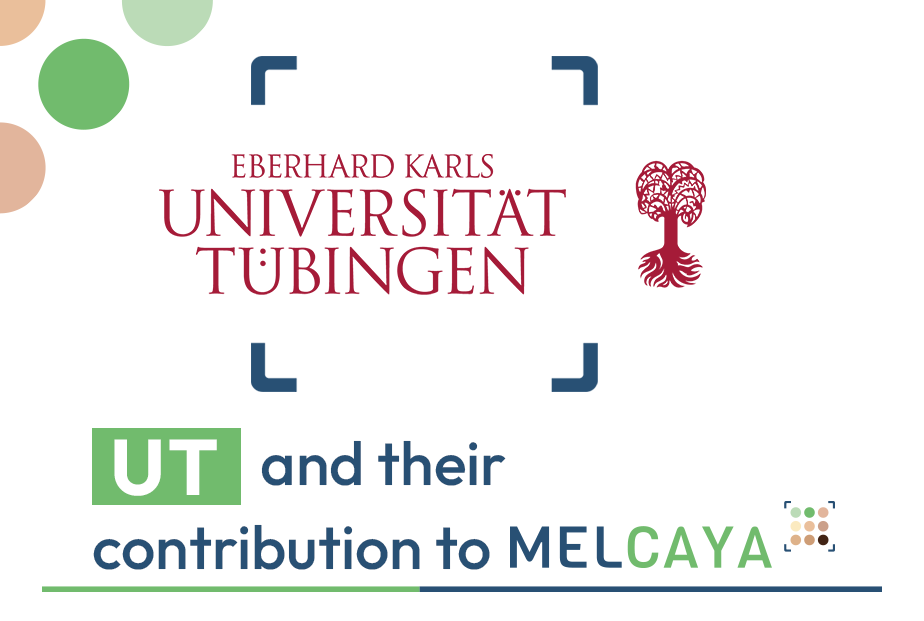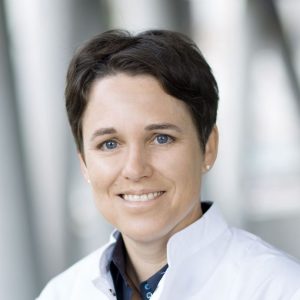
The university of Tübingen takes part in the eu financed melcaya project
Researchers from the University of Tübingen will lead a work package for identification of risk factors for melanoma in children, adolescents, and young adults. Additionally, the university will contribute significantly to the other work packages of the project.
The University of Tübingen (UT) has been a place of top-level research for more than 500 years and was recently selected for funding in the Excellence Initiative sponsored by the German federal and state governments. The Faculty of Medicine has been involved in around 50 funded projects within the European “Horizon 2020” program. One of the research focuses of the Children’s Hospital are rare tumour diseases in children including malignant paediatric melanomas – the German Pediatric Rare Tumor Registry (STEP) is located here. The Institute of Medical Genetics and Applied Genomics represents one of the leading European institutes in human genetics. Lately, the institute was selected for funding as one of four competence centres for high throughput sequencing in Germany. More than 2,000 patients with skin cancer are treated at the Center for Dermato-Oncology every year.
Recently researchers from these departments succeeded to join the MELCAYA project including international experts from many disciplines as dermato-oncology, pediatric oncology, geneticists, patient associations. The pediatric oncologist Dr. Ines Brecht is leading a work package on risk factors for melanoma in children, adolescents, and young adults (WP1: Identification of risk factors, exposomics and genetic susceptibility of melanoma in CAYA). “Melanomas in children are considered as extremely rare tumors. They are poorly understood and due to lack of clinical trials and evidence-based treatment concepts they are considered orphan diseases. The MELCAYA project will lead to a better understanding of this rare tumors through joined forces by interdisciplinary and international cooperation. This is a unique opportunity.” Brecht explains. The research groups will work on genetic and environmental risk factors leading to melanoma in young patients. Up to date, only a relatively small proportion of melanomas can be explained by environmental factors such as exposure to sun light alone and while the role of melanoma susceptibility genes is well established in adult patients, it is under debate in children and adolescent melanoma. However, recent research results suggest that variants in moderate melanoma risk genes play a major role. The goal will be to combine for the first-time information on genetic predisposition and epidemiology from several European cohorts and registries with information on environmental factors in order to draw a complete picture of preventable risk and design prevention strategies for melanoma development in the young.

Dr. Ines Brecht
Furthermore, researchers from the University of Tübingen are involved in the development of an artificial intelligence based diagnostic tool for early detection of melanoma in young patients. Early detection of malignant melanoma is of utmost importance as the prognosis worsens significantly if diagnosis is delayed.
For advanced staged melanoma immunotherapy is the standard treatment in adults. While the so-called anti PD-1 therapy has been approved and tested extensively in adult population, the management of pediatric melanoma patients has been extrapolated from the treatment of adults, and specific clinical studies for children are missing. UT will contribute data for evaluating the efficiency and toxicity of immunotherapy in children. Adding to this, a comprehensive immunological characterization of melanocytic tumors by using the ultra-high content imaging platform MACSimaTM (Miltenyi Biotec) will help to understand the role of tumour microenvironment and immune cells in melanoma and will possibly identify new targets for treatment of malignant melanoma in children, adolescents, and young adults.
Author: Ines Brecht for UT
Links
https://www.medizin.uni-tuebingen.de/de/das-klinikum/mitarbeiter/profil/1169
Keywords
UT, MELCAYA, Melanoma, Research, pediatric oncology, rare tumors, genetics, risk factors, immunotherapy

